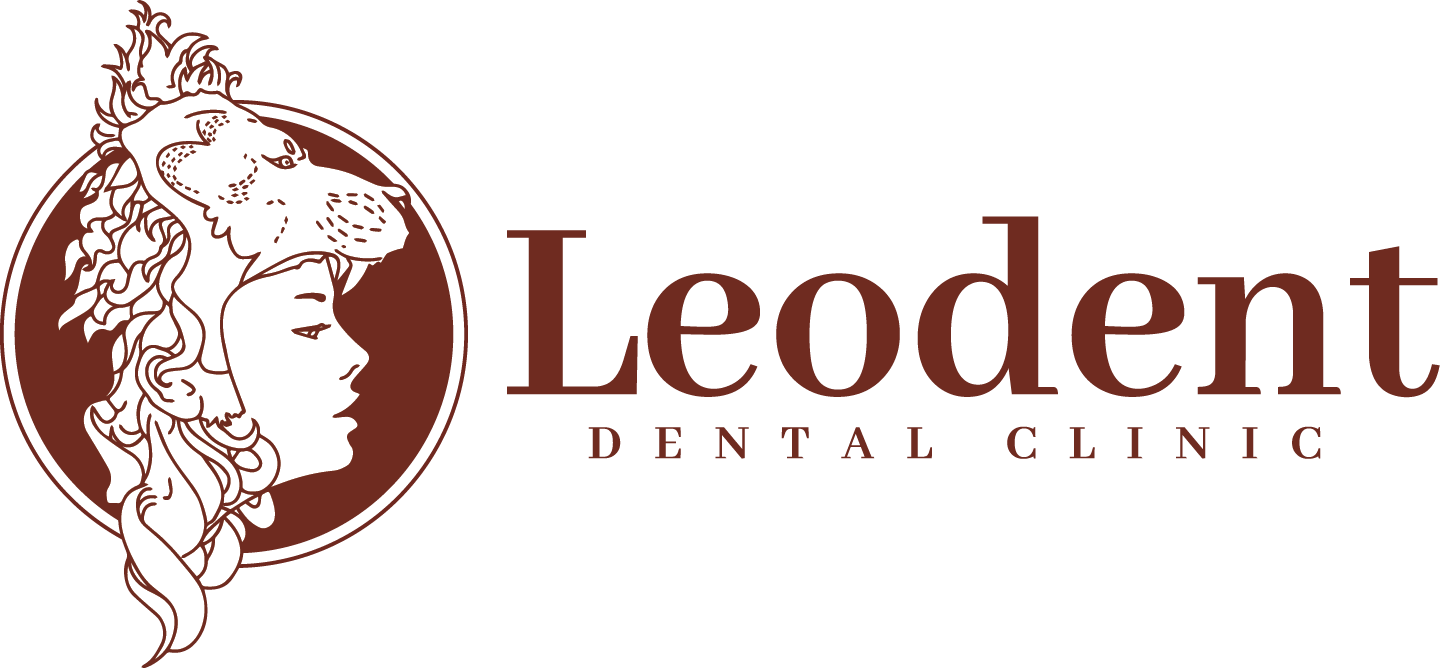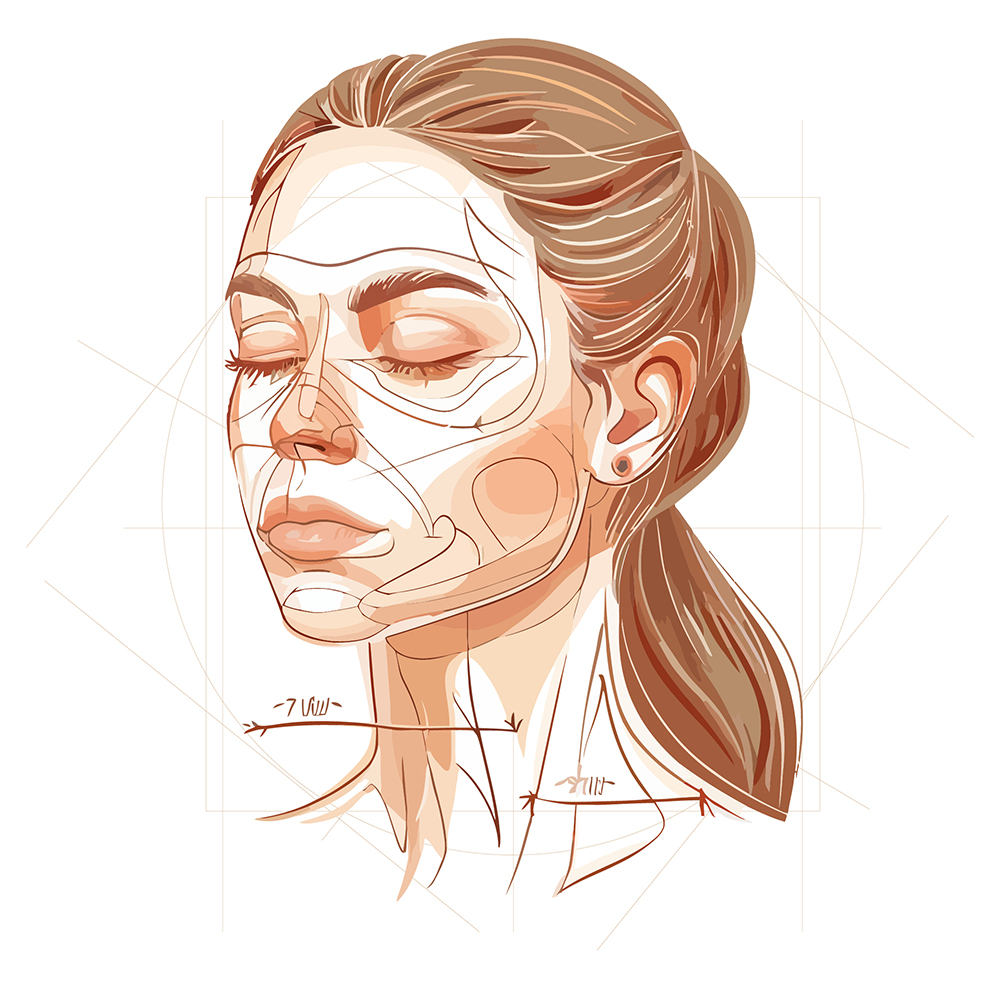3D Dental Tomography
The use of the most advanced technologies in dental health is of great importance for the accuracy and safety of treatment processes. 3D dental tomography provides much more detailed and accurate imaging than classic radiography methods. This technology allows us to visualize the hard tissues of the teeth, gums, and jawbones in three dimensions. As a result, dentists can perform diagnosis and treatment phases much more clearly.
Especially during surgical procedures, 3D dental tomography provides great convenience. With this technology, dentists can see the surgical area much more clearly and operate within safer limits. In sensitive processes like implant treatment, this imaging method significantly increases the success rate.
Additionally, 3D dental tomography plays a very important role in detecting cysts, cancerous tissues, and other pathological structures in the jawbone. Early diagnosis is a determining factor in preventing many serious health problems. This makes the treatment of diseases much easier and more effective.
Another advantage is its low radiation level. Compared to traditional radiography techniques, 3D dental tomography uses much less radiation. This significantly reduces the risk of patients being exposed to radiation.
In conclusion, 3D dental tomography is an indispensable technology for accurate diagnosis and effective treatment in dental health. Thanks to the benefits it provides in both surgical procedures and the early detection of pathological conditions, this technology has become an important part of modern dentistry.
3D dental tomography is an imaging method used to obtain three-dimensional images of jaw and tooth structures.
This technology is preferred in cases such as implant planning, evaluation of impacted teeth, jaw joint problems and examination of sinus cavities.
Panoramic X-rays provide a two-dimensional overview of the oral and maxillofacial structures, while 3D dental tomography provides detailed, three-dimensional images.
In this way, the bone density, the position of the nerves and the structure of the teeth can be analysed more precisely.
The shooting time usually ranges from 10 to 40 seconds. As it is a fast procedure, it is comfortable for patients.
3D dental tomography uses low doses of radiation, and radiation exposure is minimized with modern equipment. However it is advised to consult your doctor in special cases like pregnancy.
You do not need to take any special precautions after the shoot. However, it is important to follow your doctor’s recommendations and keep your appointment to evaluate the results.
Implant planning, pre-orthodontic evaluation, the identification of diseases of the jaw joint, sinus issues, and tooth root infections are just a few of the many applications for this imaging technique.
Usually no special preparation is required. However, you may be asked to remove your metal jewellery (earrings, necklace, etc.).


